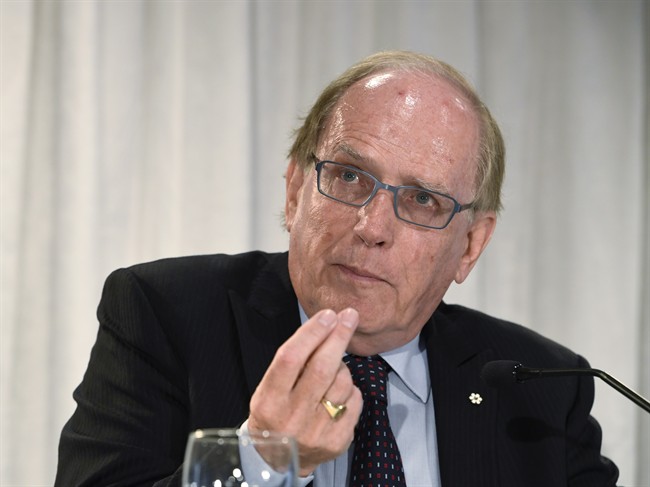The London lawyer at the centre of the Oscar-winning documentary Icarus is shedding light on the experience and on the state of doping today.

Richard McLaren is a law professor at Western University; his report to the World Anti-Doping Agency on systemic state-sponsored doping at the Sochi Winter Games eventually led to Russia’s ban from the Pyeongchang games.
“I think the movie communicates with people in a way that my reports cannot do,” McLaren told 980 CFPL.
“It makes it more understandable for people to actually visualize and listen to the principal players in the activity and get it in the context of a story.”
The film chronicles the journey to reveal state-sponsored doping in Russia and its aftermath. McLaren told the Craig Needles Show on Tuesday that he was involved in production at various stages but it took him time to notice its potential.
“I began to realize this could amount to something particularly special and they were trying to get it together to apply to become an Academy nominee, which of course they were and they won on Sunday,” he said.
“I was in the Elton John dinner party which is connected to the Oscars. Watched it there, had dinner. I was there with some of the people who did the production of Icarus. Of course, some of them were actually in the theatre where the show was being held.”
As for the state of doping post-Sochi, McLaren said he doesn’t believe there will be a system as sophisticated as Russia’s and that the world is in a better position to catch and prevent cheating.
“In the past there was more of a tendency to try and look the other way and hope it would go away. Now we have international institutions that are implementing world codes,” he said.
“There’s already an investigation going on with respect to Kenya and it will report at some point during this year. I have enough information from the work I’ve done to know there are other things going on in other countries, but at this stage, they’re not being investigated by anyone.”




Comments